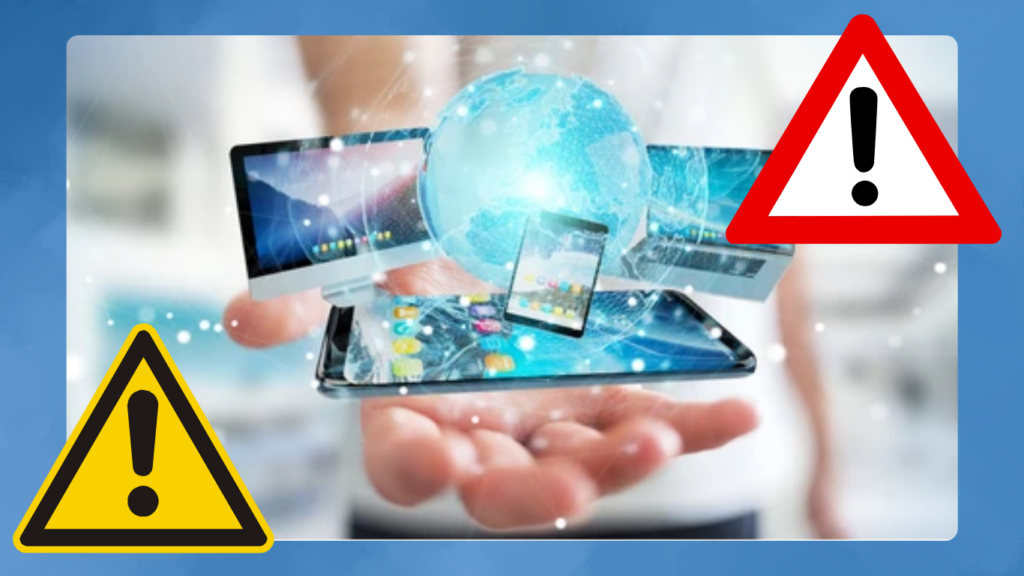Emergency departments are increasingly dealing with children experiencing severe distress and erratic behavior after their digital devices are taken away. Medical professionals are now urging parents to recognize the serious risks of digital addiction.
Dr. Corne Esterhuysen, a seasoned medical officer in Rockhampton, currently at Rockhampton Hospital, has seen the detrimental effects of digital addiction in children, including heightened anxiety, depression, suicidal ideation, and ADHD-like symptoms.

“The impact of digital addiction on a child’s brain is comparable to the effects of cocaine and heroin,” Dr. Esterhuysen explained. “Ambulance officers are often called to homes where children are ‘off their minds’ because their parents removed their iPad chargers.”
This growing problem is recognized by the World Health Organization in its latest International Classification of Diseases (ICD), issued in 2022. Gaming disorder, for example, is defined as a condition where gaming takes priority over daily activities and continues to escalate.
Dr. Esterhuysen has witnessed a significant rise in these cases in emergency rooms recently. “We’re beyond asking parents to intervene; we’re pleading with them to limit their children’s device usage,” he stressed.
A Family’s Digital Detox Journey
Erin Alcorn, a mother from Central Queensland, shared her experience with her 13-year-old son’s troubling behavior after he received a school laptop. “He was waking up at three or four in the morning just to watch YouTube,” she recounted. “It’s devastating to see your child failing at school, becoming socially withdrawn, and expressing a desire not to live anymore.”
Determined to make a change, the Alcorn family embarked on a month-long digital detox. “We unplugged the TV, stored it in the garage, disconnected the home internet, and removed all devices,” Ms. Alcorn said. “Initially, the kids were furious and called us the worst parents ever. But over time, they started enjoying quality family time, playing board games, and their school performance improved.”
Guidance for Parents

Rockhampton-based clinical psychologist Helen Madell pointed out that while children’s behavior might resemble addiction, it often isn’t true addiction. “Kids may seem addicted, but they’re usually using technology for pleasure—socializing, listening to music, exploring interests, and shopping,” she noted.
Madell suggested parents bring these enjoyable activities into the offline world. “Understanding why your kids are online and replicating that joy offline can help.”
American author Brad Huddleston, who researches screen time’s impact on behavior and the brain, has been touring Queensland schools, warning about digital addiction. “Initially, we encouraged early device use, but like smoking, we’ve seen unintended mental health consequences over time,” Huddleston explained.
Aggression in Young Students
Karen Bredenhann, principal at Heights College in Rockhampton, reported observing aggressive behavior in students as young as first grade when their devices are taken away. “There’s a clear increase in anxiety likely linked to overuse or unsupervised use of technology at night,” she said. “We’ve seen young students, even in year 1 and year 2, reacting violently when their phones are confiscated.”
Both Madell and Dr. Esterhuysen advocate for digital detoxes for children and parents alike. “A detox can be beneficial as devices are a major distraction,” Madell commented.
Dr. Esterhuysen concluded with a heartfelt plea: “If you love your kids, get them outside and away from devices. You’ll notice a significant positive change.”

Subtly charming pop culture geek. Amateur analyst. Freelance tv buff. Coffee lover
